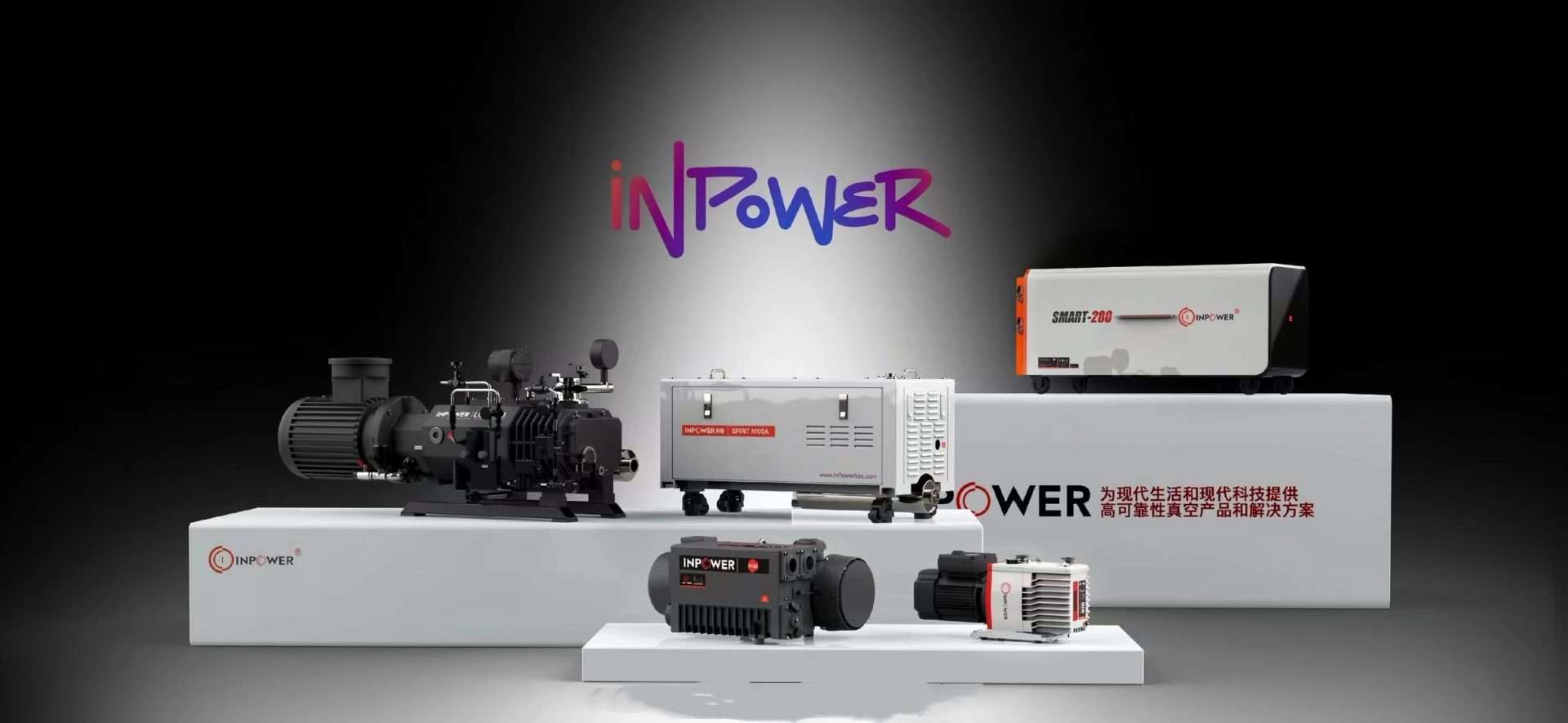Table of Contents
- Introduction
- Understanding Industry 4.0
- What are Vacuum Pumps?
- The Role of Vacuum Pumps in Industry 4.0
- Case Studies of Vacuum Pumps in Smart Manufacturing
- Challenges and Solutions
- Looking Forward: The Future of Vacuum Pumps in Smart Manufacturing
- Conclusion
- Engage with Us
Introduction
As we navigate the terrain of Industry 4.0 and beyond, the integration of various technologies is pushing the boundaries of what manufacturing can achieve. One of the often-overlooked components of this transformation is the vacuum pump. In this guide, we will delve into Industry 4.0 and Beyond: The Role of Vacuum Pumps in Smart Manufacturing and explore how these devices are crucial to modern factory settings.
Understanding Industry 4.0
Industry 4.0 represents the fourth industrial revolution characterized by the fusion of physical and digital technologies. It involves leveraging IoT, AI, robotics, and big data to create smart factories. These factories are more efficient, adaptive, and able to produce high-quality products with minimal downtime.
What are Vacuum Pumps?
Vacuum pumps are mechanical devices used to remove gas molecules from a sealed volume, creating a partial vacuum. They play a pivotal role in various applications, like electronics manufacturing, food packaging, and even in the healthcare sector. By maintaining controlled environments, these pumps facilitate numerous processes that are crucial for modern manufacturing.
The Role of Vacuum Pumps in Industry 4.0
1. Enhanced Automation
One of the key features of smart manufacturing is automation. Vacuum pumps aid this automation by ensuring seamless integration with robotic arms and automated systems. They help in processes like material handling, assembly, and packaging.
2. Increased Efficiency
Efficiency is the cornerstone of any manufacturing process. Vacuum pumps ensure processes are performed under optimal conditions, thus minimizing waste and reducing the time required for production cycles. This efficiency leads to lower operational costs and higher productivity.
3. Improved Product Quality
The precision offered by vacuum pumps plays a vital role in maintaining high product quality. By ensuring a controlled atmosphere, these pumps help in creating products that meet stringent quality standards. For instance, in the semiconductor industry, maintaining a vacuum environment is crucial to produce defect-free chips.
4. Energy Savings
With Industry 4.0’s focus on sustainability, energy-saving technologies are more critical than ever. Modern vacuum pumps are designed to be energy-efficient, requiring less power for operation. This aligns with the broader goals of smart manufacturing to reduce carbon footprints and support green initiatives.
Case Studies of Vacuum Pumps in Smart Manufacturing
Automotive Industry
In the automotive sector, vacuum pumps are used for various applications, such as brake systems and emissions control. Automated manufacturing lines using vacuum technology can achieve more precise and reliable results, enhancing vehicle performance and safety.
Electronics Manufacturing
The production of delicate electronic components requires a clean and controlled environment. Vacuum pumps create the necessary vacuum conditions for processes like etching and deposition, which are crucial for developing high-quality electronic devices.
Challenges and Solutions
High Initial Costs
One of the primary challenges of integrating vacuum pumps into smart manufacturing is the high initial costs. However, the long-term benefits—like reduced maintenance and operational costs—often outweigh the initial investment. Financial incentives and technological advancements are making vacuum pumps more accessible.
Maintenance and Downtime
Regular maintenance is crucial to keeping vacuum pumps operational. Predictive maintenance solutions, leveraging IoT, can forecast potential issues before they cause downtime, ensuring continuous operations.
Looking Forward: The Future of Vacuum Pumps in Smart Manufacturing
As we look towards the future, the role of vacuum pumps in smart manufacturing will only grow. Innovations like connected pumps, which can communicate with other factory systems to optimize performance, are on the horizon. These advancements will further cement the indispensable role of vacuum pumps in Industry 4.0.
Conclusion
In summary, vacuum pumps are essential components in the landscape of Industry 4.0 and beyond: The Role of Vacuum Pumps in Smart Manufacturing. From enhancing automation to improving product quality, their benefits are wide-ranging. As technology continues to evolve, these devices will play an increasingly vital role in the future of manufacturing.

0 Comments